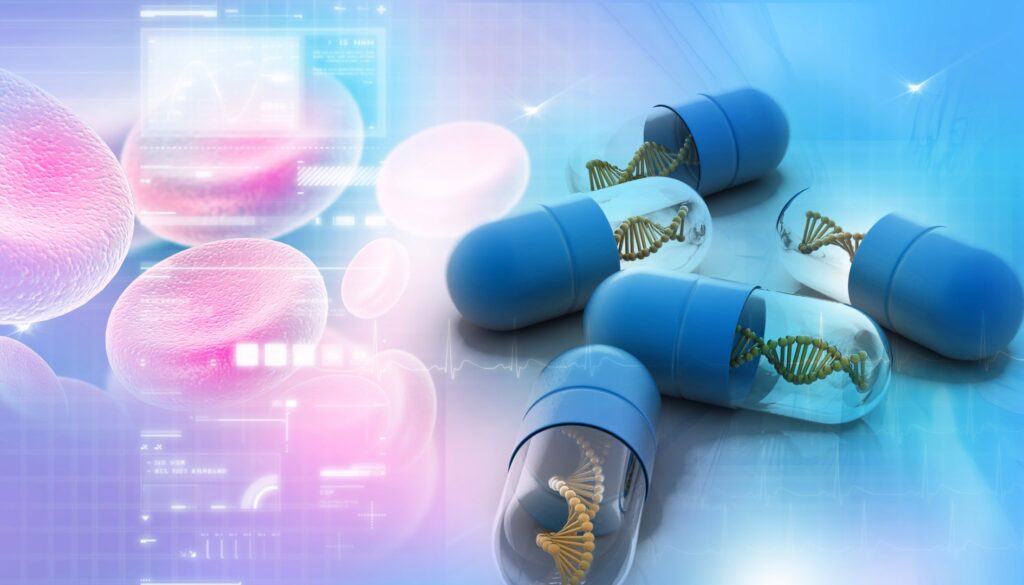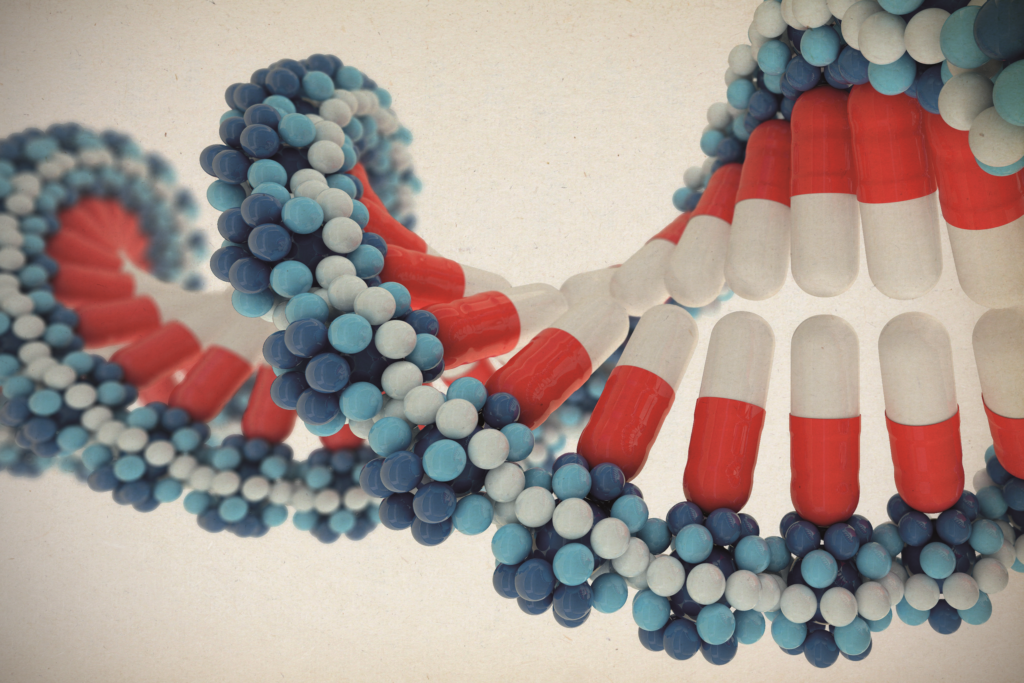Medicine Isn’t One-Size-Fits-All—Your Genes Prove It
Imagine taking a medication only to discover it doesn’t work—or worse, causes harmful side effects. For many patients, this trial-and-error approach is still the norm. Yet the science of pharmacogenomics testing is changing this narrative by revealing a truth long overlooked in medicine: our DNA plays a critical role in how we respond to drugs. From antidepressants to cancer therapies, our genetic blueprint influences whether a treatment heals us or harms us.
With the rise of personalized drug therapy, doctors can now consider your genetic profile before prescribing. This isn’t science fiction—it’s the promise of modern pharmacogenomics: safer, more effective treatments tailored to you.
The Genetic Roots of Medication Response
At the heart of DNA-based medication response is the concept that small genetic differences—single nucleotide polymorphisms (SNPs)—can dramatically affect how your body metabolizes drugs. These differences can determine how quickly a drug is broken down, whether it lingers too long in the system, or if it triggers dangerous immune reactions (2).
For instance, variants in genes responsible for metabolizing medications, like CYP2D6 and CYP2C19, have been shown to affect the efficacy and safety of common drugs. This is particularly important in the field of mental health. The field of pharmacogenetics and mental health is exploring how methylation patterns and genetic markers in genes such as BDNF and SLC6A4 can predict antidepressant response, potentially avoiding years of ineffective treatment for patients with major depressive disorder (1).
Reducing Adverse Drug Reactions Before They Start
One of the most compelling arguments for pharmacogenomics testing is its ability to prevent adverse drug reactions (ADRs). ADRs are a major cause of hospitalizations and drug withdrawals from the market. They can range from mild side effects to life-threatening complications. The truth is, many of these reactions are genetically driven. Certain people simply cannot tolerate drugs due to how their bodies process—or fail to process—them (2).
Adverse drug reaction prevention is now becoming more proactive. Genetic testing before starting treatment can identify high-risk patients, enabling doctors to either adjust the dose or choose a safer alternative. This kind of informed prescribing doesn’t just improve safety—it builds trust between patients and physicians.
Cancer Treatment Enters the Age of Precision
In oncology, the move toward targeted cancer therapy has been particularly transformative. Here, genomics doesn’t just influence which drug to use—it determines the entire treatment strategy. Drugs are no longer chosen based solely on tumor type but on specific genetic mutations within the tumor itself.
For example, therapies targeting the EGFR mutation in lung cancer or HER2 in breast cancer have dramatically improved survival rates. These successes underscore the power of using genetic testing for prescriptions to make high-stakes treatment decisions (3). It’s precision medicine in its purest form—treating the disease based on its molecular fingerprint.
How DNA Insights May Influence Medication Adherence
While much attention in pharmacogenomics is focused on choosing the right drug, another intriguing application is improving adherence. When patients know that a treatment was selected based on their unique biology, they may feel more confident and committed to following through with it.
Interestingly, a recent study demonstrated that patients prescribed medications aligned with their genetic profiles—what researchers call “genomically concordant”—were significantly more likely to take those medications consistently. Those prescribed high-risk drugs not aligned with their DNA were over twice as likely to be non-adherent (4). This highlights a new dimension of personalized drug therapy—not just better pharmacology, but better psychology too.
The Road Ahead: Promise and Precautions
While the benefits are clear, there are still challenges ahead. Many genetic variants remain poorly understood, especially in non-coding regions of the genome. Interpreting this data correctly requires expertise and careful clinical judgment. Ethical considerations also loom large—how do we protect patient privacy while using their genetic data to guide care? What happens when insurers or employers get access to this information?
Despite these hurdles, the future is bright. Continued research, especially in diverse populations and understudied conditions, will expand the utility of pharmacogenomics testing. Clinical guidelines are also evolving, making it easier for physicians to integrate genetic data into everyday care. Institutions are now exploring “preemptive testing” strategies, where genetic information is collected and stored in health records before it’s even needed—so it’s available instantly when a prescription is written (2).
Conclusion: Your Genome, Your Medicine
The concept of “right drug, right dose, right person” is no longer aspirational—it’s increasingly becoming standard practice. With tools like pharmacogenomics testing, clinicians can move beyond guesswork and towards precision. Whether it’s tailoring a psychiatric drug, choosing a chemotherapy agent, or minimizing side effects, DNA-based medication response is rewriting how we understand medical treatment.
This shift empowers both doctors and patients. For those living with chronic illness or facing complex diagnoses, knowing that their treatment is informed by their DNA brings not just hope—but clarity. And in medicine, that clarity can be life-saving.
References:
- Webb, L. M., Phillips, K. E., Ho, M. C., Veldic, M., & Blacker, C. J. (2020b). The Relationship between DNA Methylation and Antidepressant Medications: A Systematic Review. International Journal of Molecular Sciences, 21(3), 826. https://doi.org/10.3390/ijms21030826
- Anunobi, O. O. (2024b). Pharmacogenomics as a tool in addressing genetic VariationDependent adverse drug reactions. Dutse Journal of Pure and Applied Sciences, 10(1b), 37–54. https://doi.org/10.4314/dujopas.v10i1b.5
- Nyiramana, M. P. (2024). The role of genomics in predicting drug response. Research Output Journal of Public Health and Medicine, 3(2), 1–4. https://doi.org/10.59298/rojphm/2024/3214
- Christian, C., Borden, B. A., Danahey, K., Yeo, K. J., Van Wijk, X. M., Ratain, M. J., & O’Donnell, P. H. (2020). Pharmacogenomic‐Based decision support to predict adherence to medications. Clinical Pharmacology & Therapeutics, 108(2), 368–376. https://doi.org/10.1002/cpt.1838




